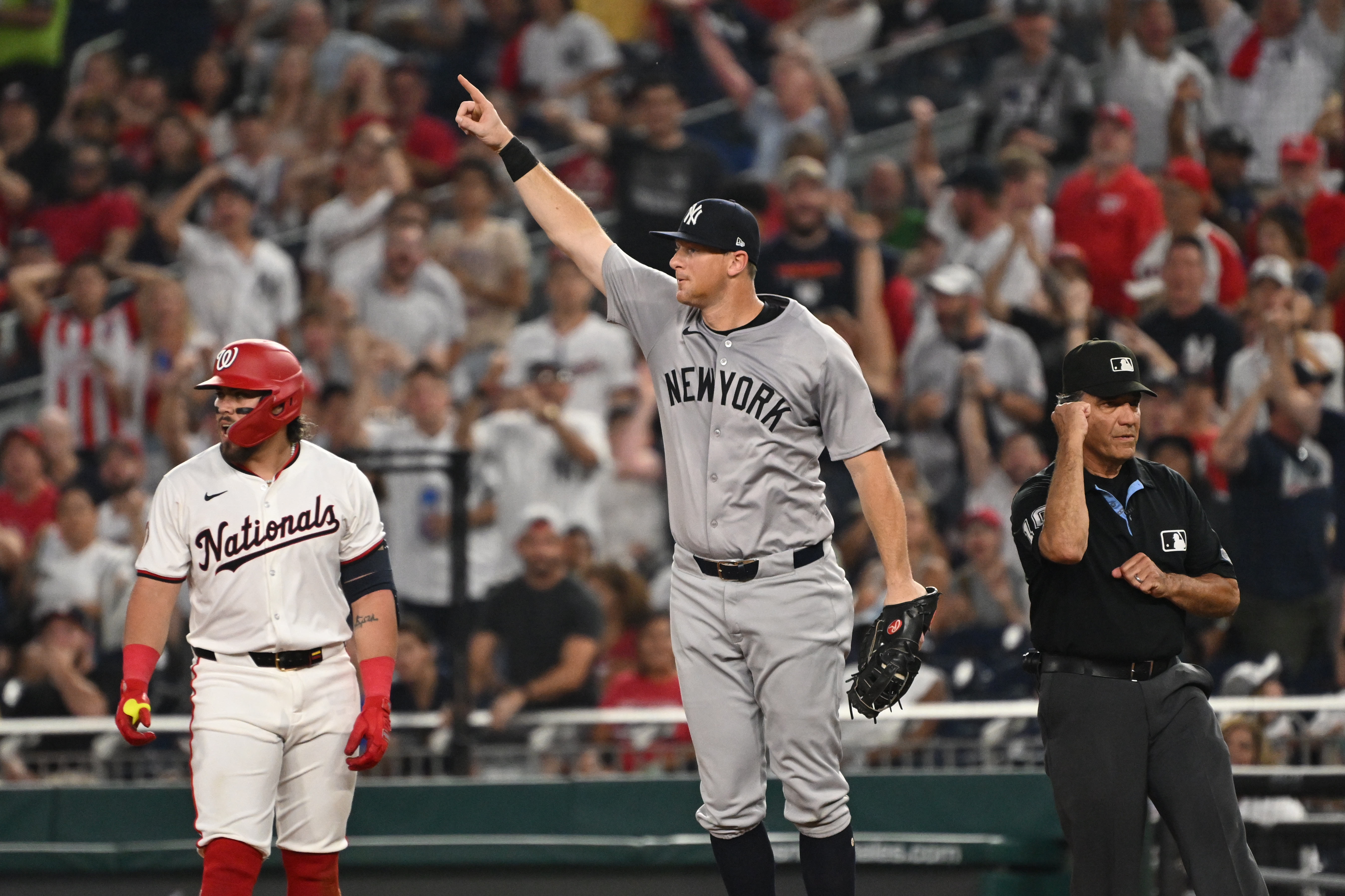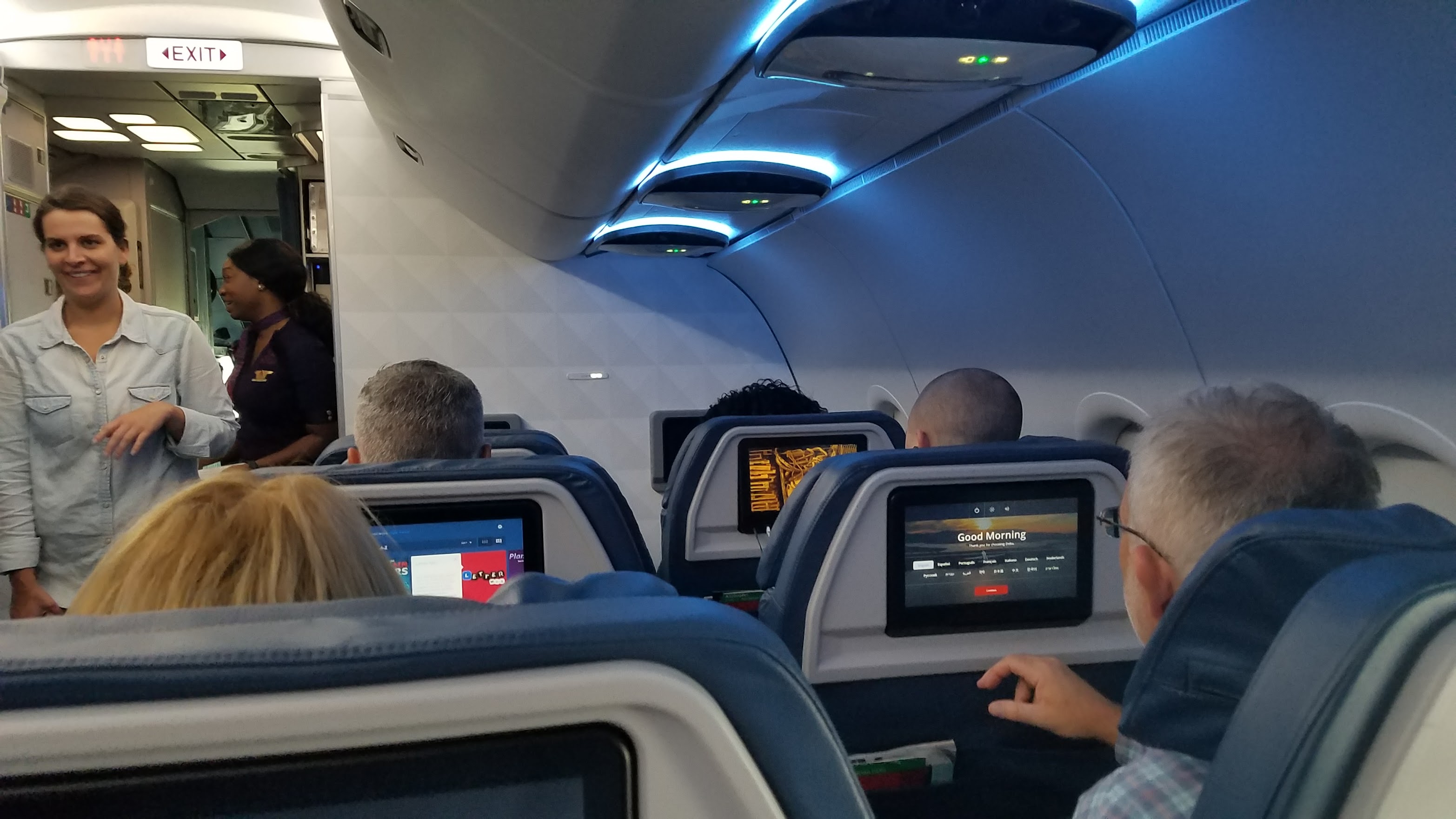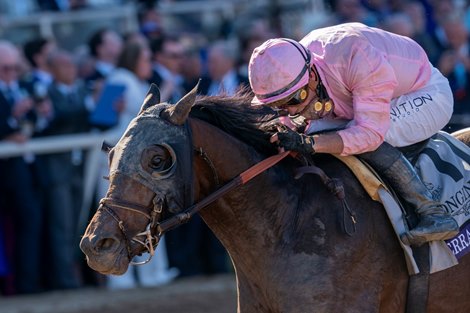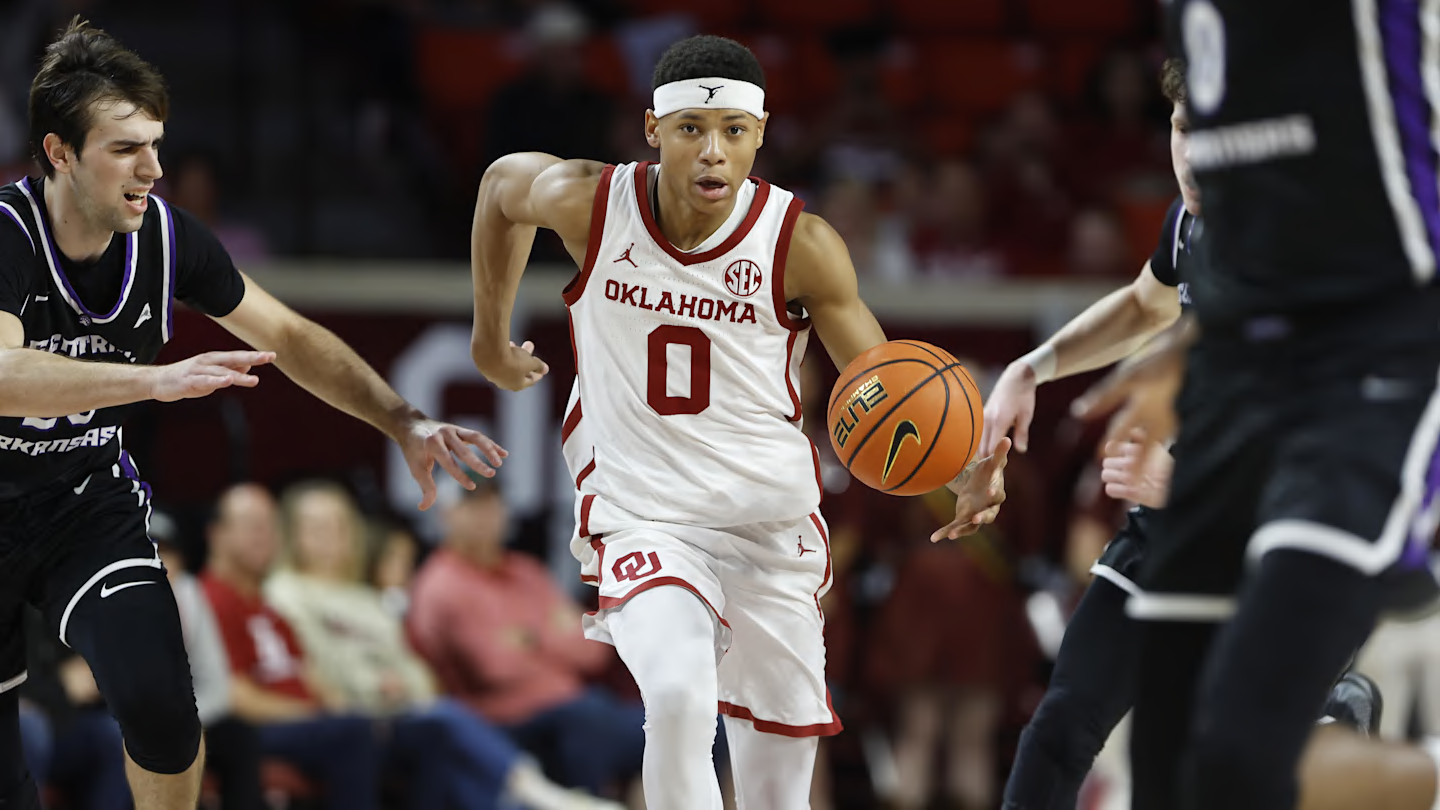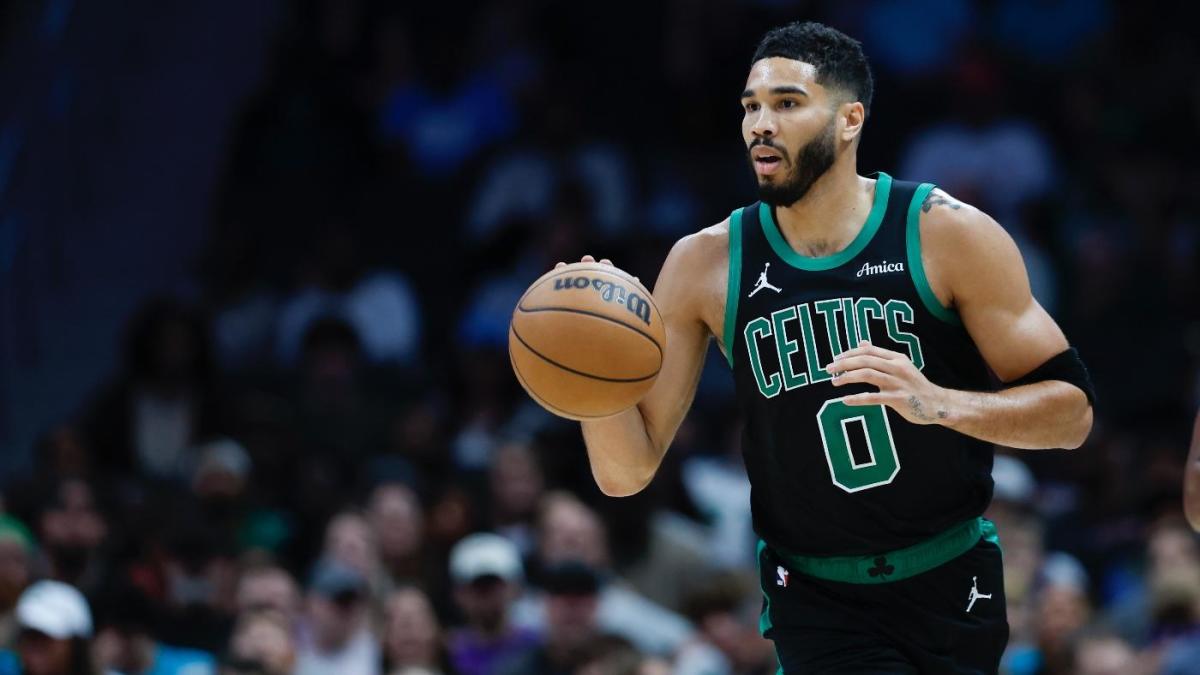Can legal German gambling market survive the continued deadlock?
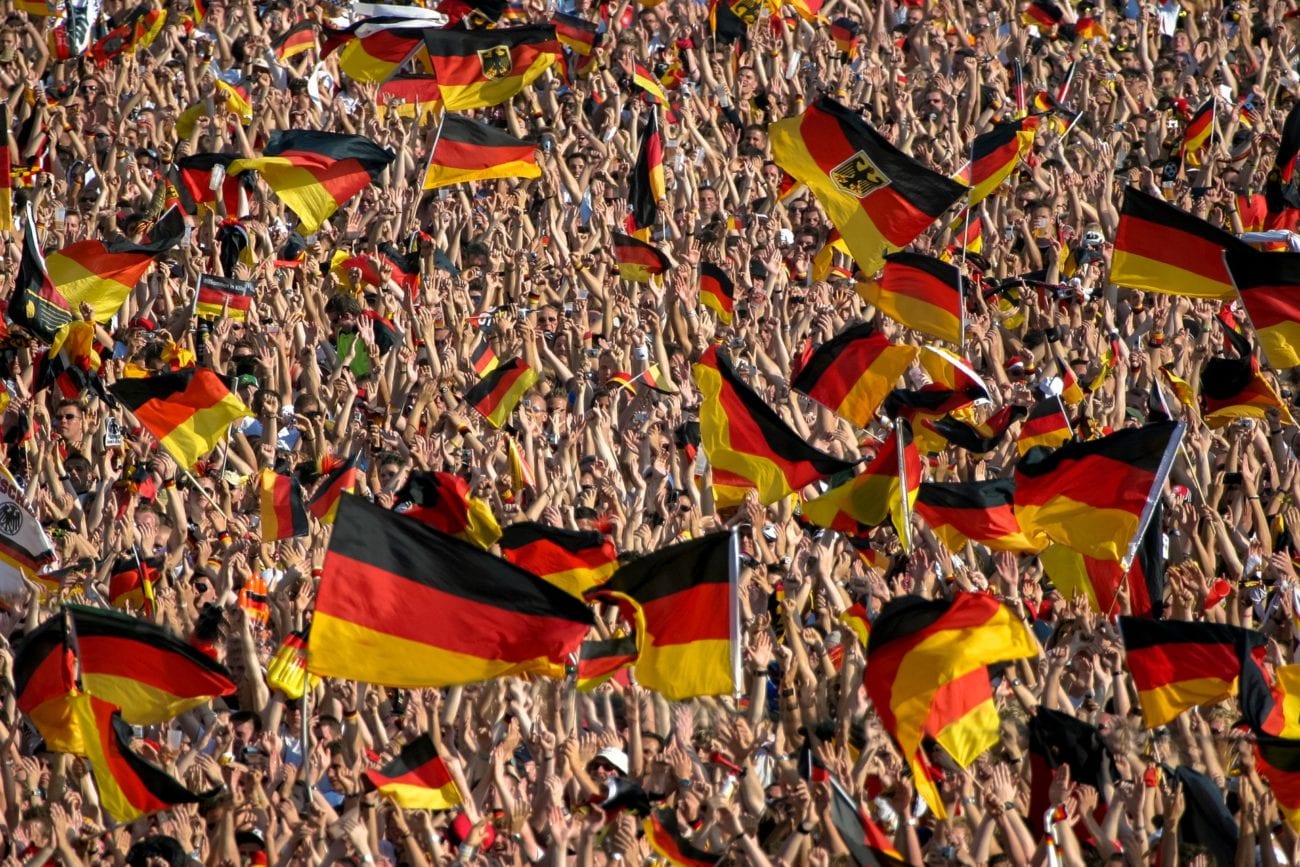
The German gambling market struggles with strict controls and a booming black market. Can stakeholders collaborate to change its course?
As the old saying goes, a week is a long time in politics. The day of Donald Trump’s reelection as President of the USA, Germany’s beleaguered coalition government collapsed in a spectacular fashion, raising the spectre of early elections next year.
But for Germany’s regulated igaming operators – which have been present in the market since 2021 – very little has changed in the past three years.
Gathering at the Gaming in Germany conference in Berlin on Tuesday, operators and legal experts lamented the headwinds that the regulated market is still facing. Severely restricted product offerings, a tax on stakes rather than winnings, caps on stakes and deposits, and tough rules on advertising were among the top complaints.
Jörg Hoffmann, Senior Partner at Law Firm Melchers & Melchers, summed up the situation when he spoke of a “standstill” in Germany’s online gambling regulation.
“Not much has changed since last year’s event when we met here,” he said. “I think it’s business as usual.”
As the name suggests, Germany’s Interstate Treaty on Gambling (2021) was ultimately a compromise between numerous politicians governing in each of the country’s 16 federal states. This has meant that, just as the original treaty took years to thrash out, political deadlock has since cemented it as the status quo.
A stagnating market
Two of the country’s most prominent trade bodies believe that over-regulation is leading to stagnation in the German gambling market.
Dirk Quermann, president of the German Online Casino Association (DOCV), described “sobering” figures that charted “substantial declines” in revenue between 2022 and 2024.
Despite its status as Europe’s largest economy, the number of licensed online slots operators in Germany stands at just 39 – far smaller than in other comparable jurisdictions.
“Several big international companies are avoiding the market,” Quermann said.
A similar story was told by Mathias Dahms, the president of the German Sports Betting Association (DSWV). According to Dahms, the licensed sports betting industry in Germany saw a steep decline in betting revenues from €9.4 billion in 2021 to €7.7 billion in 2023, pointing towards a concerning long-term trend.
Both trade bodies believe that this decline has little to do with a tendency towards less gambling. It has much more to do with a strong trend away from the legal market and towards the illegal market. Nevertheless, they are struggling to convince regulators of the scale of the ongoing problem.
How big is the black market?
One of the biggest issues in the debate around Germany’s gambling market is just how successful – or unsuccessful – efforts at channelisation have been.
Looking at the figures released by the German regulator, the Gemeinsame Glücksspielbehörde der Länder (GGL), attempts to funnel players towards licensed operators have been broadly successful. According to the GGL, black market operators account for just 10% of the German market, while regulated operators enjoy a market share of 90%.
These figures directly clash with numerous other studies and estimates that attribute a far larger share of the market to illegal operators within Germany.
One of them – the 2023 Schnabl Study commissioned by the DOCV and DSWV – charted a channelisation rate of just 50% based on how much time internet users spent on various types of gambling websites. Meanwhile Yield Sec, a platform that maps the real-time growth of gambling markets worldwide, put the size of the black market at 47% last year.
Seeking out unlicensed German gambling
More recent studies of the market have been carried out by intelligence and data consultancy H2 Gambling Capital, which compared their results with those of the GGL.
Looking at average gambling spend per adult in 2023, H2 found major discrepancies between land-based and online spend, as well as between Germany and other comparable markets.
While Germans spent on average €93 on land-based gaming in 2023 – on par with the €95 spent in the Netherlands – the figures for online gambling were an outlier at just €23 per head. This suggests that a significant proportion of players’ online gaming budget is spent on the unregulated market.
“It’s our view that the gap between the legal market in Germany and other regulated markets is too large for there not to be a significant illegal market,” Josh Hodgson, Senior Associate at H2 Gambling capital explained.
Similarly, there are signs that players in Germany are actively seeking out unlicensed operators to get around strict controls like the €1 stake limit, the €1,000 monthly deposit limit or the five-second spin delay on slots.
Over the course of a month, affiliate website iGaming.com recorded 18,000 internet searches explicitly seeking out unregulated products, compared to just 1,500 looking for licensed offerings.
These discrepancies have not gone unnoticed by the GGL. Speaking at Gaming in Germany, GGL director Ronald Benter acknowledged the gap and announced that the regulator had commissioned a study to determine the real channelisation rate. This is in addition to a review of the Interstate Treaty on Gambling, which is set to be published in three years’ time.
However, industry stakeholders are sceptical about the amount of time these studies will take – and whether they will lead to a meaningful change of course.
Small steps forward
In a small glimpse of hope for licensed operators in Germany, there have been some signs of progress over the past year or so.
For example, sports betting association DSWV has been working closely with the GGL to expand the list of products that operators can offer, with 200 new sports markets set to be added this year.
In future, the process for adding new markets could also become much quicker.
With communication channels opening between the industry and the regulator, the feeling among trade bodies is that the GGL should take a more forceful and proactive role in pushing for legislation that could boost channelisation.
For Quermann at the DOCV, this would involve advocating for an end to the 5.3% tax on stakes that is making regulated slots far less competitive than regulated ones.
The question for many is whether the regulator will ever be able to step into this proactive role and out of the shadow of state politicians. This could be the decisive factor in whether the German industry thrives or merely survives.
Related
Yankees gambling big by giving aging infielder a chance to…
Credit: Rafael Suanes-Imagn Images The Yankees are wading through an offseason filled with questions, and third base remains on
Exploring the surge of no verification casinos in the global…
Artificial intelligence is the greatest investment opportunity of our lifetime. The time to invest in groundbreaking AI is now, and this stock is a steal! The w
‘They created a Vegas in 10 years’: photographing the hedonistic…
“I am not a huge gambler,” says Adam Lampton. “The first time I went to Macau, fresh out of grad school, I didn’t have any money to spare – it all wen
Here’s How Delta Will Integrate Gambling Into Seat Back Entertainment…
Here’s How Delta Will Integrate Gambling Into Seat Back Entertainment This Year by Gary Leff on January 10, 2025 Delta Air Lines
